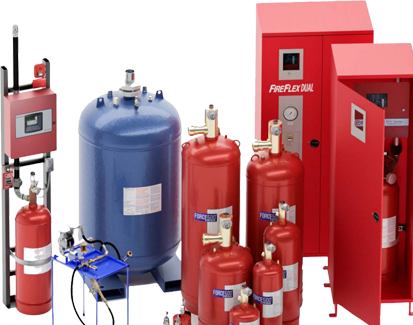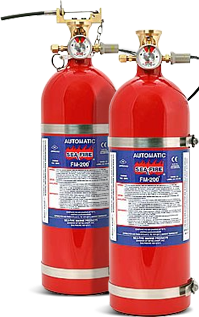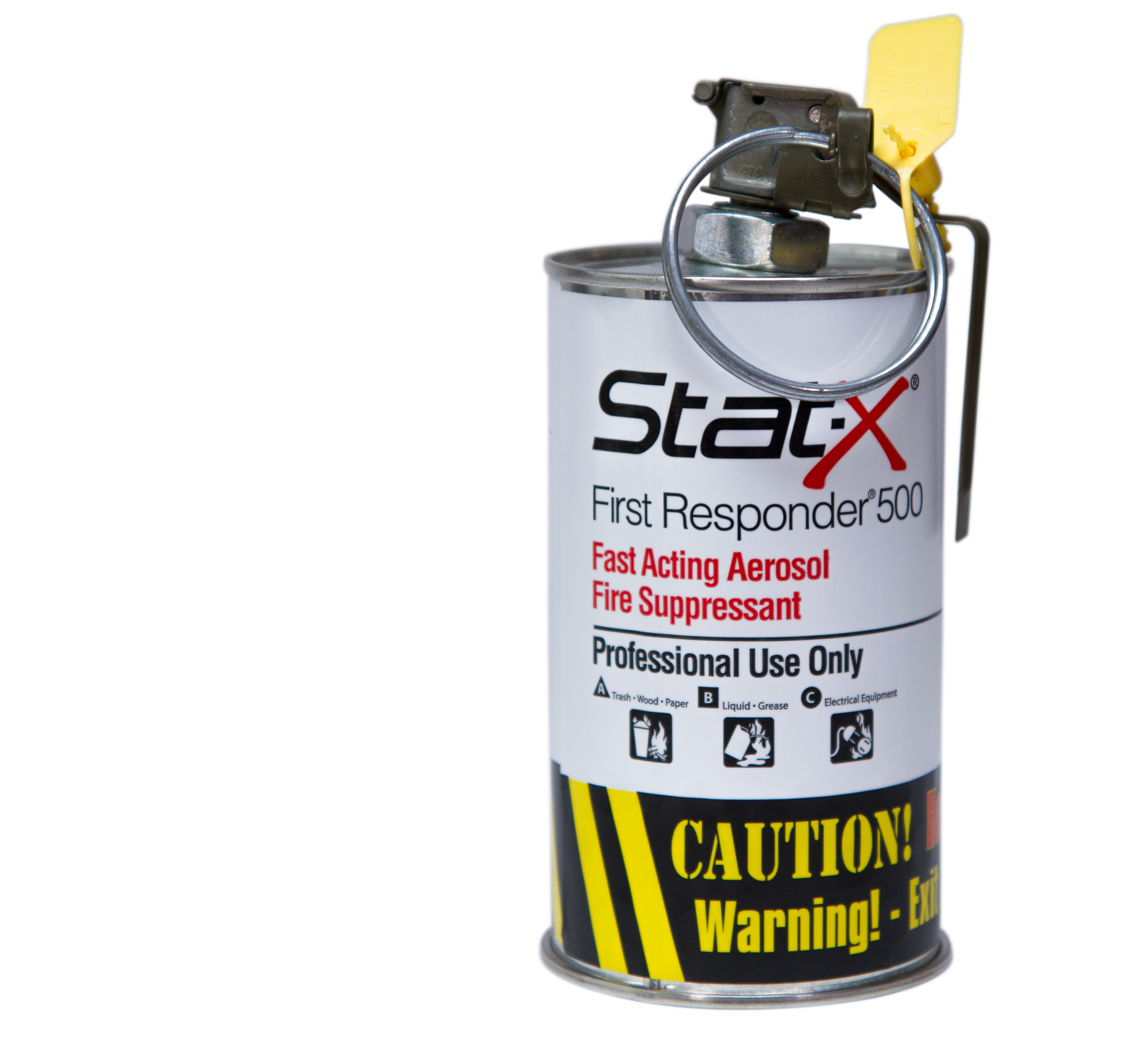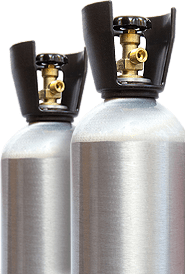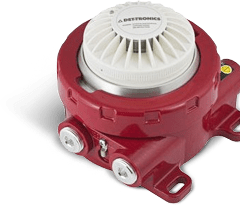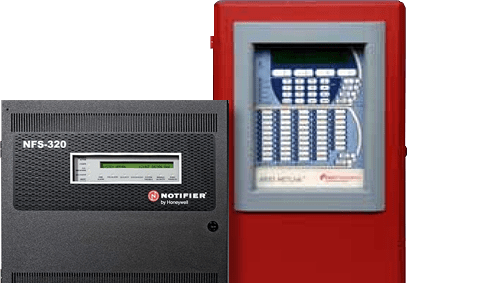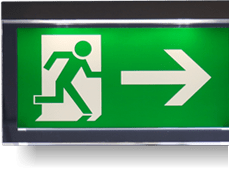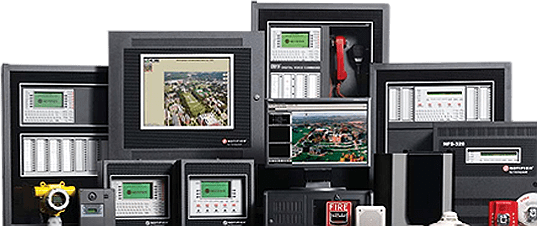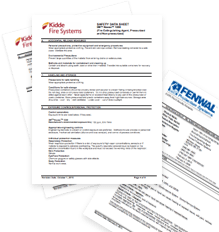What You Need to Know About Fire Alarm Testing
Regular fire alarm testing ensures your system functions correctly, keeping people and property safe. Routine inspections help identify malfunctions, meet safety regulations, and ensure a rapid response in case of fire emergencies.
Key Takeaways
- Ensures System Reliability – Testing detects faults before they cause failure.
- Compliance with Fire Codes – Regular checks meet legal and insurance requirements.
- Reduces False Alarms – Proper maintenance minimizes disruptions from system errors.
- Protects Lives and Property – A functioning alarm system is crucial for fire safety.
Testing fire alarm systems in Canada involves a challenging combination of different requirements often imposed by local jurisdictions. Different interpretations of Canadian standards have led to the Authorities Having Jurisdiction (AHJ) issuing requirements that are often confusing and contradictory.
CAN/ULC 5537-04(13) Appendix A states that “any person who performs the verification of a fire alarm system should be familiar with the Standard and have received suitable formal training or sufficient experience acceptable to the authority having jurisdiction." This broad and open statement has led to the current confusion in the industry about who is qualified and how their qualifications are determined.
Explore further
In general, fire alarm testing should be done by individuals or companies who are qualified and trained not only in the inspection and verification of fire alarm system operations, but also in the code, standards, and requirements for their design and installation to ensure that each fire alarm system meets the necessary minimum requirements.
Initial Testing Guidelines
Before any fire alarm system is put into service, it should undergo a thorough and complete inspection and service test to ensure that all of the system components are working properly. At a minimum, the following components of your fire alarm system should be thoroughly tested and inspected before the fire alarm system goes into active service.
- All smoke and heat detectors should be inspected and tested for proper operation and calibration.
- Annunciator systems and zone designs should be verified and tested according to the manufacturer's and designers' specifications.
- Any batteries or backup power sources need to be tested.
- Activation devices, pull stations, and other alarm triggers require manual testing to ensure their proper operation and reset.
- All flow switches, tamper switches, and low-pressure alarms should be verified and function tested.
- The function of control valves and their full operation range should be exercised and confirmed.
A full installation inspection should be carried out to ensure that the system complies with all local codes, requirements, and meets the specifications of the designers, engineers, and manufacturers. This requires someone with an intimate knowledge of the Canadian Fire Alarm System Standards and who is certified by a recognized agency such as the Canadian Fire Alarm Association.
Question: Why is fire alarm testing important?
Answer: Fire alarm testing is crucial to ensure early fire detection, compliance with safety regulations, and system reliability. Regular testing prevents failures, reduces false alarms, and ensures the alarm system activates when needed.
Periodic Inspections
Just like any other mechanical or electronic system on which lives may depend, fire alarm systems require periodic inspection and maintenance to ensure their operational capabilities. Most jurisdictions mandate an annual inspection at a very minimum. Some authorities having jurisdiction make this type of inspection a requirement every six months. The designer and manufacturer of the components of your fire alarm system may have even more stringent inspection requirements.
At the very least, periodic inspections of your fire alarm system should be part of your regular facility maintenance routines. Certified technicians need not conduct these. However, whoever performs these duties should be familiar with the basic operation and design of the system. Such periodic inspections should include the following.
People also search
- Detectors should be checked for dust and dirt buildup, contamination, and proper operation. Batteries should be periodically changed.
- The system should be checked for vandalism or tampering.
- The monitoring system should be checked and tested to ensure that all areas, zones, and components are properly connected and working.
- The installation of components must be maintained according to the system's design.
- System parts exposed to environmental hazards such as extreme temperatures, high humidity, or other factors should receive special attention.
- Records should be checked periodically on the age of certain components that can be affected over time and need regular replacement.
Periodic inspections should be carried out as a routine part of your facility maintenance program. The periodic inspections should be consistent and follow a set protocol that includes proper documentation. These records should be retained as part of your facility maintenance and safety operations.
Where There is Smoke, There's Fire
The leading cause of death and injury from fire is not burning. More people are seriously injured or killed each year by smoke inhalation than actual injuries from burns. The primary goal of a fire alarm system is to provide adequate and timely warning for building occupants to evacuate areas where smoke is detected before the occupants are in danger of inhalation or asphyxiation injury.
Any inspection and maintenance routines associated with your fire alarm system must include tests of the smoke detectors monitored by the system controller. This includes testing any alarms, both audible and visual, as well as voice annunciators that are installed as part of the fire alarm system. Most insurance companies require as part of your fire alarm inspection process that periodic fire drills are conducted to ensure the occupants of your facilities know the proper response to a smoke or fire alarm activation.
Fire Alarm Inspection and Testing Scheduling
Business owners are often concerned about the disruptions that may occur when a fire alarm system inspection and test are scheduled. Many questions about the length and duration of a fire alarm system inspection and test are posed. The length of a test and inspection is almost entirely dependent on the size and complexity of the system. It is logical to assume that a large industrial facility protected by a complex fire alarm and fire suppression system will take much longer than a system protecting a small office complex.
Generally, a fire alarm inspection and test can take a few minutes to several days. Professional inspectors can give you a much better estimation of the time it will take to inspect and test your fire alarm installation properly. Having trained and certified technicians perform these inspections and tests is almost always more efficient and cost-effective, as well as ensuring that the inspections meet local codes and your insurance company's requirements.
How Often Should a Fire Alarm System Be Inspected and Tested?
Officially, most authorities having jurisdiction mandate testing and inspection on an annual basis. These mandated tests and inspections should be considered a bare minimum. Most industry professionals suggest that fire alarm systems be inspected every month and function tested at least quarterly.
Some insurance companies may also set standards for inspections and functional testing as part of the insurance contract. Check with your insurance agent and read your insurance contract to be sure that you comply with any contractual testing and inspection requirements.
The Importance of a Service Contract for your Fire Alarm System
Fire alarm systems can be complex and require an understanding of electronics, hydraulics, and computer operations that may be beyond the capabilities of some businesses. Much the same as your contract for service and maintenance on complex pieces of equipment, it is often more efficient and cost-effective to hire a professional fire alarm company to keep your system inspected and functional.
Service contracts can range from simple periodic inspection and testing of the fire alarm system installation to much broader applications that may include maintenance, repair, and replacement parts as part of the contract. The complexity and size of your fire alarm system are often major factors in this decision.
Potential Issues and Problems
There are a variety of issues and problems that can affect the operation of your fire alarm system. Being aware of where to look and what to look for to mitigate these potential problems before they occur is an important part of periodic inspection and maintenance. Experience is a key factor in spotting these issues before they become problems.
Trained and certified inspectors who perform fire alarm inspections regularly know where the problems tend to occur and the tell-tale signs that can indicate a potential issue. A service contract is a perfect way to ensure that your fire alarm system is properly inspected and maintained to protect your facilities and personnel.
Finding the Best Protection for your Fire Alarm System
Don't fall into the trap of ignoring your fire alarm system or depending on untrained staff to perform periodic inspections. Your valuable business assets and personnel deserve to be protected by systems that are fully operational and dependable.
For more information about professional and highly qualified fire alarm system service, contact our team by calling 1-866-525-8514 and speaking to one of our highly trained staff.






